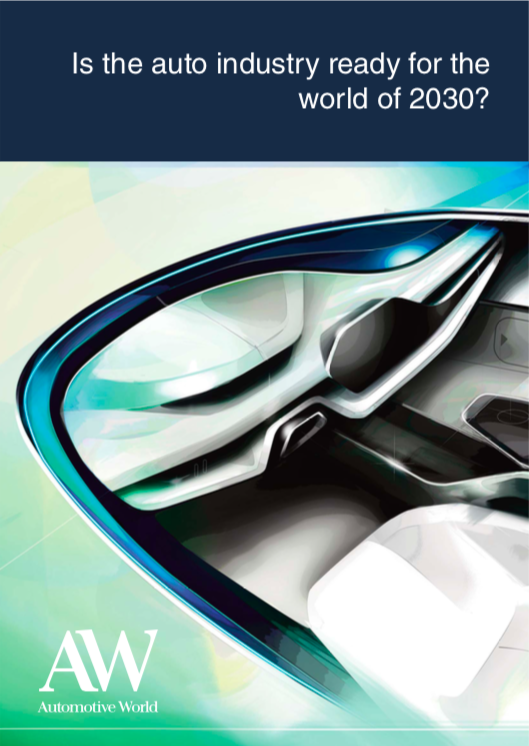In 2030, much of the transportation environment will be shaped not just by regulations but also by values. What products will people want? How will they want them? What constitutes status? And what will be the respective values and business models of the car companies, or whoever it is that produces cars?
It’s not clear to me that life in a mere 15 years will look radically different to
Just think of one aspect of our current everyday lives: texting. We know from studies that using voice recognition instead of manually texting to communicate while driving is as distracting and as dangerous as manual texting. How will the automotive industry help either modify our expectations and
In addition, large-scale demographic changes are beginning to make themselves felt, such as the growth of cities and the
The sharing economy is already gaining considerable traction in many aspects of life, and I think that will grow. And if the way we work changes, due to mobile technology and the reducing need to be somewhere from nine to five, then the way that we shop, consume and want things delivered will change as well. And that engages the sharing economy significantly.
On the other hand, it is not at all beyond the realms of possibility that some items that are delivered now by car could be delivered by drone. When additive manufacturing really takes off, we will see supply chains transformed. Instead of shipping physical goods from place to place, manufacturers will send digital files to the point of local production.
One way the automotive industry can prepare for the future is by borrowing conceptually from the rapid prototyping movement and applying it to the way software services are provided in cars. Originally meant to describe a way of producing machine parts for manufacturing, the idea of rapid prototyping has expanded to describe a process model of quick
The biggest change in transportation may be a turn away from cars altogether. Some of the most interesting start-ups in transportation are thinking big things about revolutionary public transport and automated seamless mobility – such as suspended trams in cities and vacuum tube supported transportation.
It would be remiss not to mention that driverless cars are coming. Current studies reveal some cultural resistance to the idea of giving up control of one’s car to the car itself, especially among older drivers. Car manufacturers should know that they will have to cross that resistance, in order to capture a market.
The industry’s willingness to prepare for an unknown future depends on where political interests lie. Those who see the future as one of

